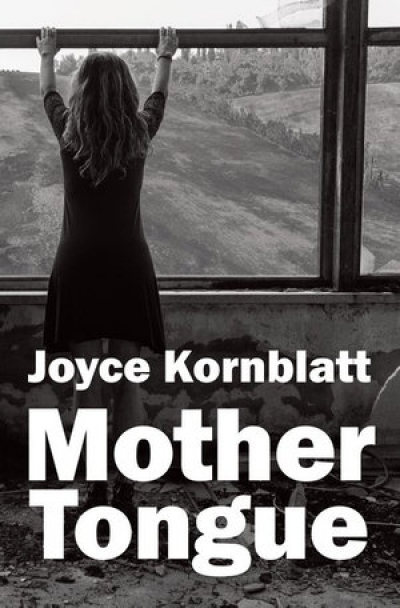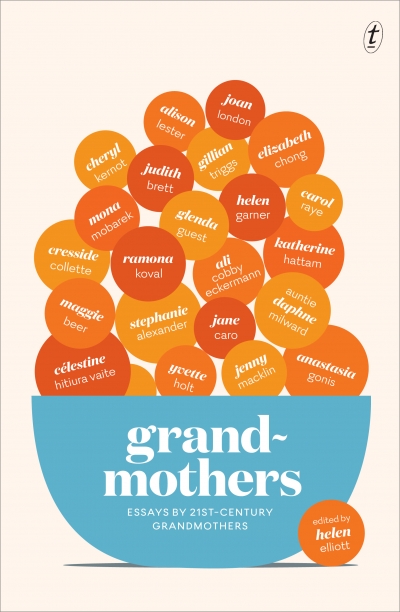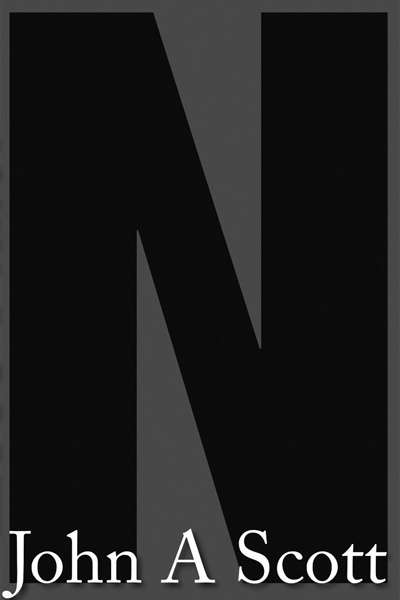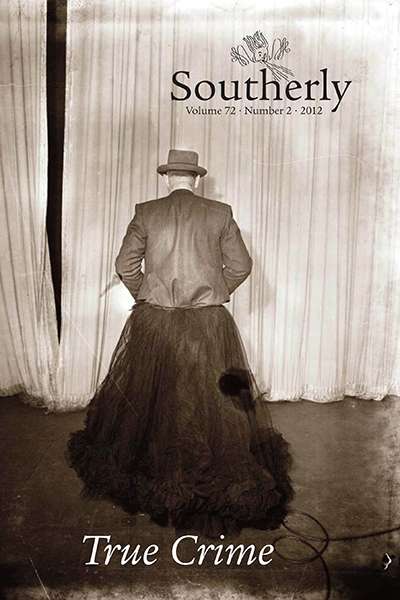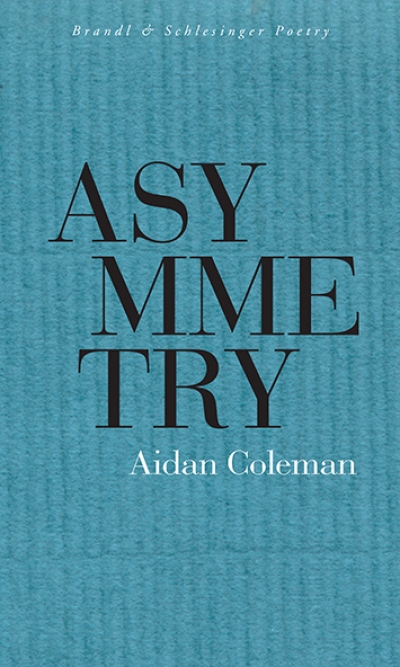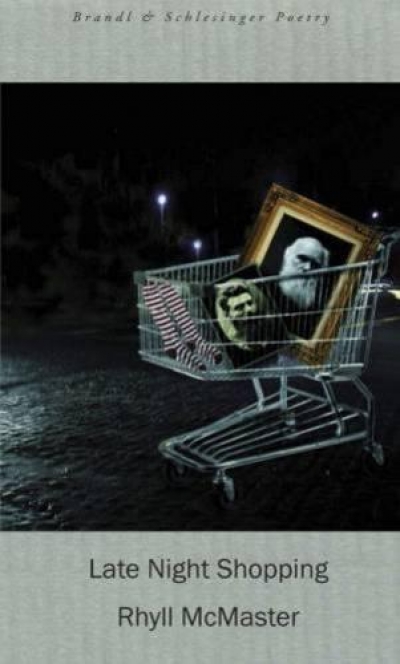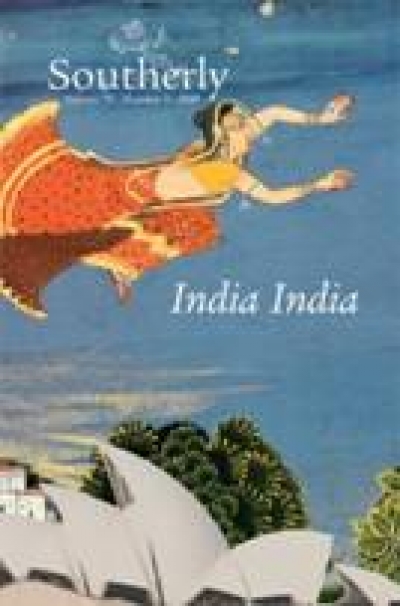The last words of the endnotes to John A. Scott’s most recent novel – earlier ones have won the Victorian Premier’s prize for fiction and been shortlisted for the Miles Franklin Award – and thus the last words of this book, if we exclude back-cover plaudits, read: ‘An additional narrative strand, chronicling the history of Surrealist André Breton in Melbourne, 1952, omitted from this version of N for reasons of overall length [emphasis added], appears in Southerly, Vol. 73, No 3, 2013 (“The Naked Writer”).’ As these words appear on page 599 of N, a sesquipedalian opus if ever there was one, it can only be observed, echoing Francisco in the first scene of Hamlet, ‘for this relief much thanks’, for N is already over-long, over-plotted, over-the-top, making excessive demands upon the reader’s generosity and her stamina.
...
(read more)

